Transportation is considered to be one of the most promising applications among all IoT application scenarios.
With the development of urbanization, traffic problems are becoming more and more serious, and traditional solutions can no longer meet the new traffic problems. Therefore, intelligent transportation emerged as the times require.
Intelligent transportation refers to the use of advanced information technology, data transmission technology, and computer processing technology to effectively integrate into the transportation management system, so that people, vehicles, and roads can cooperate closely, improve the transportation environment, and increase resource utilization, etc. .
The following are eight scenarios where IoT technology is applied in the transportation field:
1. Shared bicycles
Shared bicycles use smart locks equipped with GPS or NB-IoT modules to upload data to the shared service platform to achieve precise vehicle positioning and real-time control of vehicle operating status.
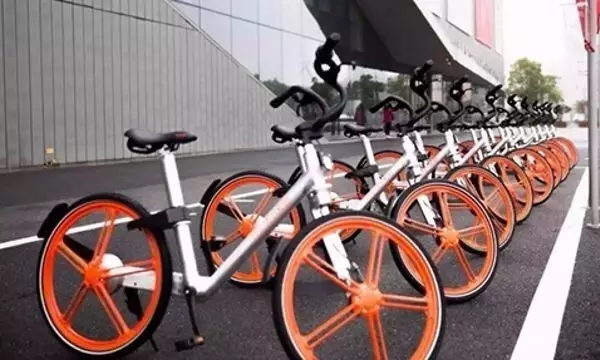

2. Smart buses
Smart buses use RFID, sensing and other technologies to understand the location of buses in real time and implement functions such as curve and route reminders. At the same time, it can combine the operating characteristics of public transportation and use the intelligent dispatching system to plan and dispatch lines and vehicles to achieve intelligent scheduling.
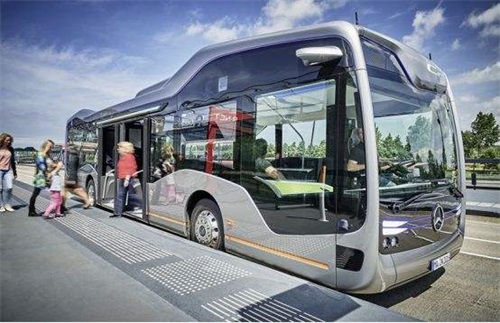

3. Internet of Vehicles
It uses advanced sensors, RFID, cameras and other equipment to collect information about the environment around the vehicle and the vehicle itself, transmits the data to the vehicle system, and monitors the vehicle’s operating status in real time, including fuel consumption, vehicle speed, etc.
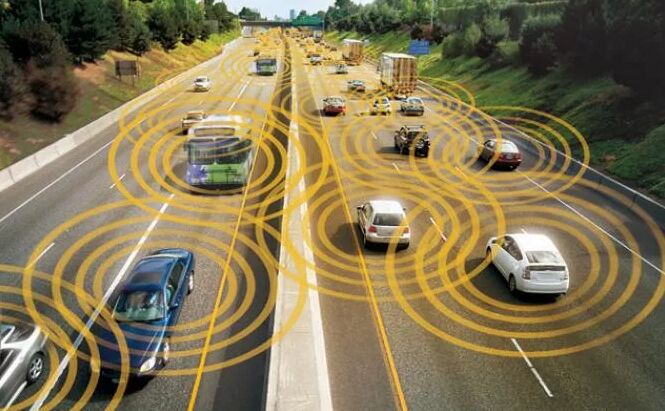

4. Charging piles
Sensors are used to collect information such as charging pile power, status monitoring, and charging pile location, and the collected data are transmitted to the cloud platform in real time, and are connected to the cloud platform through the APP to achieve unified management and other functions.
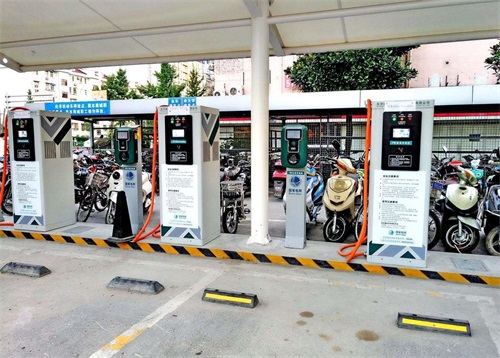

5. Automobile electronic identification
Automobile electronic identification, also called electronic license plates, uses RFID technology to automatically and non-contactly identify and monitor vehicles, and connects the collected information with the traffic control system to realize vehicle supervision and solve traffic accidents, escapes and other problems.
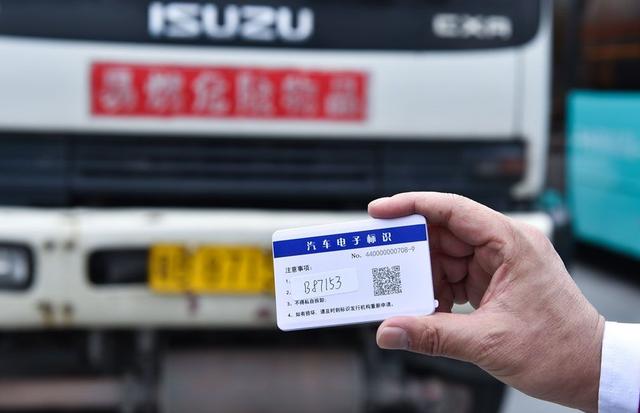

6. Intelligent traffic lights
Through a radar device installed at the intersection, it monitors the number, distance and speed of vehicles at the intersection in real time. It also monitors the number of pedestrians and external weather conditions, dynamically regulates the traffic light signal, improves the vehicle traffic rate at the intersection, and reduces the empty space of traffic lights. Putting aside time will ultimately improve the carrying capacity of the road.
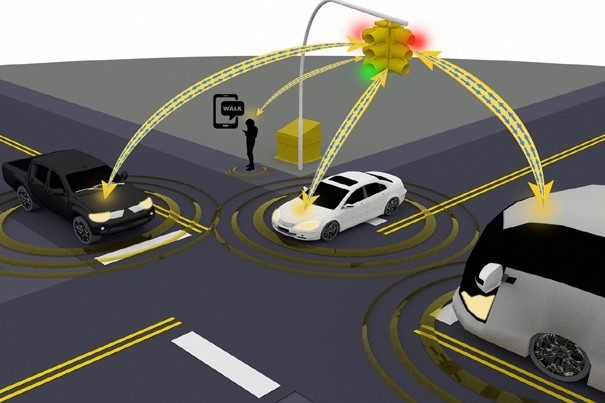

7. High-speed non-inductive tolls
Use the camera to identify the license plate information, bind the license plate to WeChat or Alipay, and automatically collect fees through WeChat or Alipay based on the mileage traveled, achieving non-intrusive charging, improving traffic efficiency, shortening vehicle waiting time, etc.
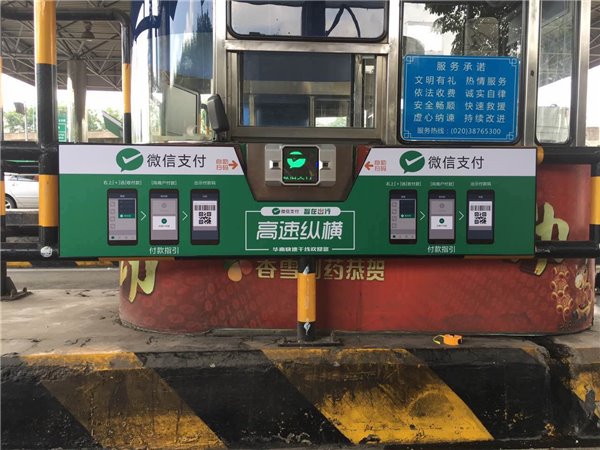

8. Smart parking
In the field of urban transportation, due to problems such as limited parking resources and low parking efficiency, smart parking emerged as the times require. Smart parking is based on parking space resources. By installing geomagnetic induction, cameras and other devices, it can realize functions such as license plate recognition, parking space search and reservation, and automatic payment using APP.
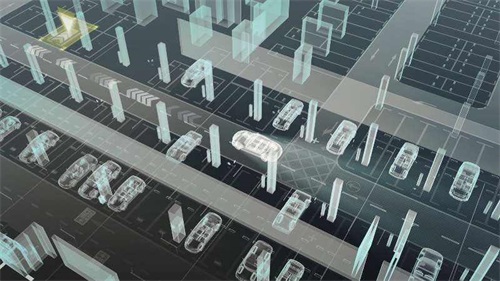

New technologies represented by the Internet of Things, big data, artificial intelligence, etc. can effectively solve problems such as traffic congestion, limited parking resources, and unreasonable changes in traffic lights, and ultimately enable the realization of intelligent transportation.